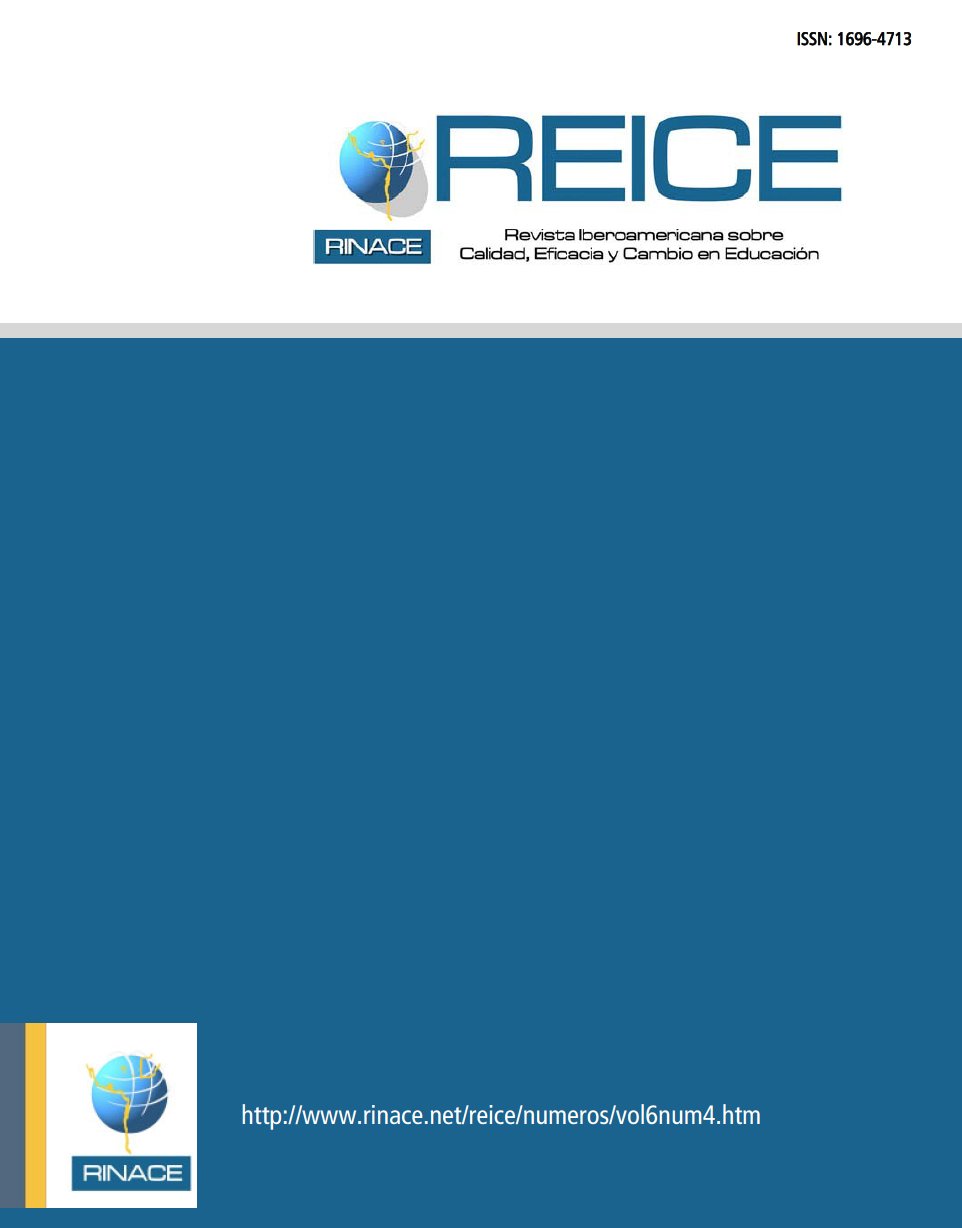Articles
Published
October 16, 2018
Keywords:
Educational Policy, education indicators, future scenarios, benchmark system in education.
How to Cite
Chrispino, A. (2018). The Use of Benchmark Indicators in Educational Systems. REICE. Ibero-American Journal on Quality, Effectiveness and Change in Education, 5(2). https://doi.org/10.15366/reice2007.5.2.002
Copyright (c) 2018 REICE. Iberoamerican Journal on Quality Effectiveness and Educational Change

This work is licensed under a Creative Commons Attribution-NonCommercial-NoDerivatives 4.0 International License.
Abstract
The present article describes school and school system administration in Brazil as a “hard case” due to the complexity of the entities, variables and actors involved. In the face of this complexity, three of the factors that influence the decision making capabilities and results of the educational system are studied: the profile of its administrators, the time and skills of its administrators and the rules of the organization, indicating the need and importance of educational indicators regarding, efficacy, efficiency, effectiveness, impact and benchmark indicators. Stress is given to the importance of installing a system of benchmark indicators that can be the connection between technical knowledge, political knowledge and social need. These three segments are asked to identify the future they desire (technical knowledge), that they can achieve (political-administrative capability) and that they dream of (social need). The conclusion presents a number of day to day examples of benchmark concepts and identifies their capacity to anticipate difficulties in the educational system.Downloads
Download data is not yet available.
